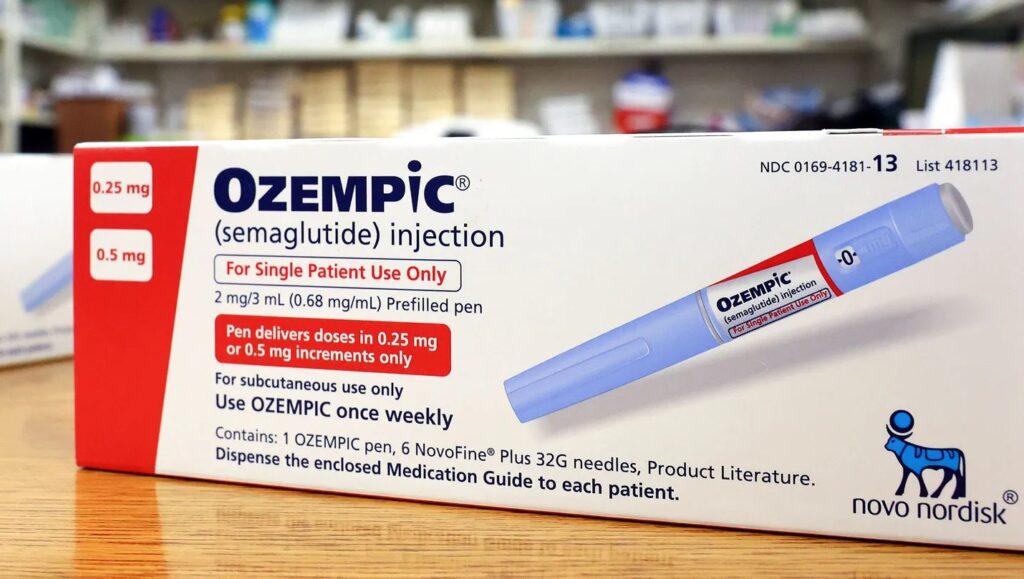31/07/2024
31/07/2024

NEW YORK, July 31: Novo Nordisk's weight loss and diabetes medication, semaglutide, found in brand names like Wegovy and Ozempic, may have unexpected benefits for smoking cessation, according to new research published on Monday. This study adds to growing evidence suggesting that GLP-1 receptor agonists, like semaglutide, could offer therapeutic potential for addiction treatment.
The peer-reviewed study, featured in the Annals of Internal Medicine, reveals that smokers with type 2 diabetes using semaglutide had a reduced need for medical care related to tobacco use compared to those on other diabetes medications. Researchers from Case Western Reserve University and the National Institute on Drug Abuse analyzed data from nearly 223,000 U.S. patients who began using various diabetes drugs between late 2017 and early 2023.
The findings suggest that semaglutide users experienced a "significantly lower risk for medical encounters" related to tobacco use disorder (TUD). Patients using Ozempic, a semaglutide formulation, were less likely to be diagnosed with TUD, receive smoking cessation counseling, or be prescribed quit-smoking medications compared to those using other treatments like insulin and metformin.
However, the study does not definitively prove that semaglutide directly aids smoking cessation. The observed reduction in TUD-related medical care might reflect other factors, such as a lower likelihood of seeking smoking cessation assistance among semaglutide users. The researchers emphasized that these preliminary results warrant further investigation through rigorous clinical trials to determine if semaglutide could be a viable tool for tobacco cessation.
While there is no conclusive evidence yet that GLP-1 drugs like semaglutide can treat addiction, there are increasing reports of their potential to curb various addictive behaviors, including smoking, alcohol consumption, and gambling. Novo Nordisk and Eli Lilly, the producer of the similar drug tirzepatide, are exploring these potential anti-addiction properties.
The exact mechanisms by which GLP-1 drugs may influence addictive behaviors remain unclear. These medications primarily work by delaying stomach emptying, reducing appetite, and decreasing food cravings, which might also affect brain pathways involved in addiction.
The Centers for Disease Control and Prevention (CDC) reports that cigarette smoking is responsible for approximately 480,000 deaths annually in the U.S., highlighting the critical need for effective smoking cessation interventions.


